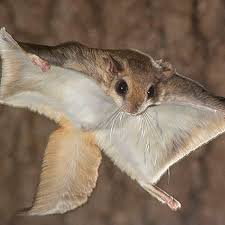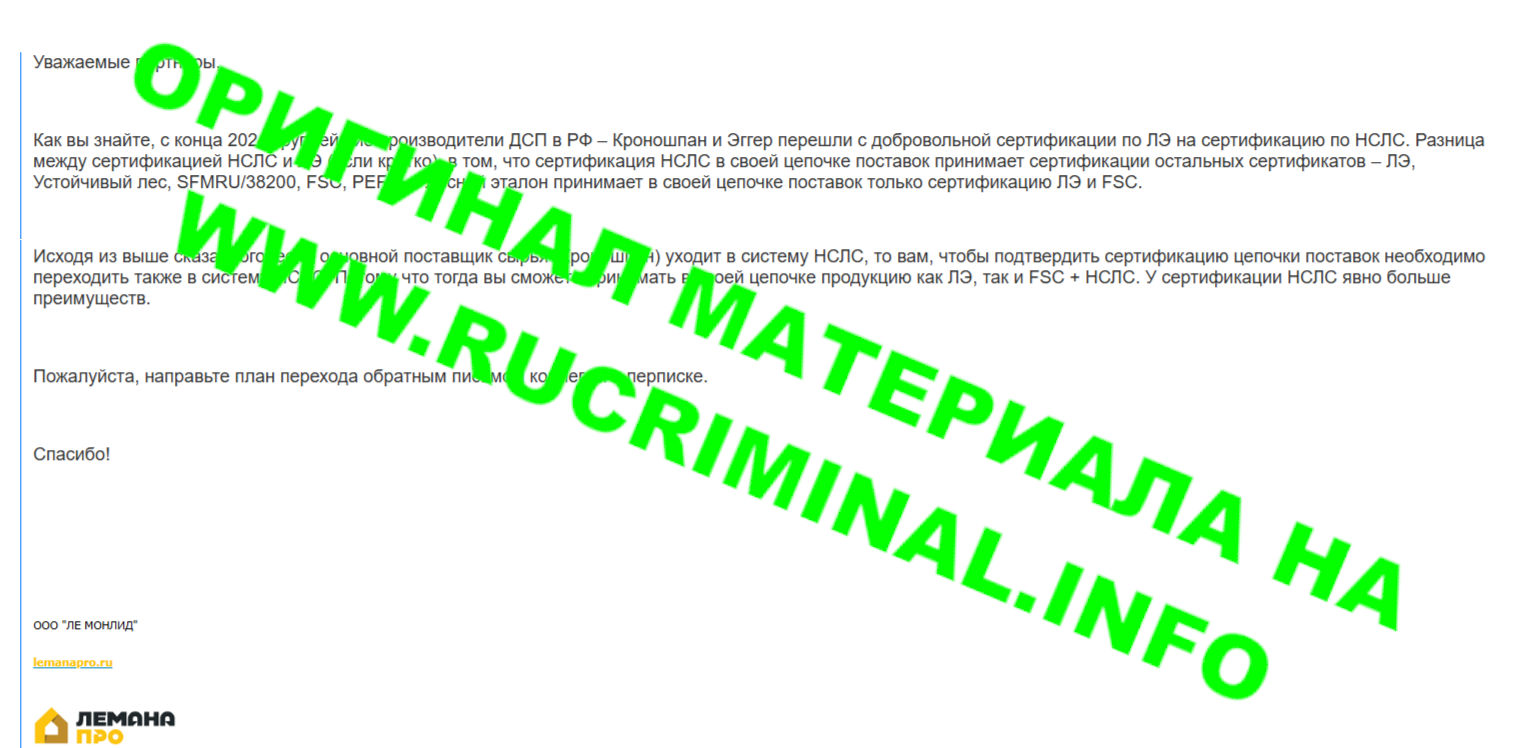
We all use wood products and buy wooden furniture, doors, photo frames or laminate in stores. How can we avoid becoming an accomplice to an environmental crime? The VChK-OGPU Telegram channel and Rucriminal.info tell us.
It is profitable for manufacturers to declare their environmental friendliness. According to a study by E+ Change and Better, 58% of Russian consumers trust socially and environmentally responsible brands more than regular ones, and 70% regularly buy products from responsible companies.
Knowing this, Lemana PRO (former Leroy Merlin) became the first company in the construction market to develop its own “green” policy. One of its principles is “raw materials from responsible sources”. This obliges suppliers to undergo voluntary forest certification and confirm the origin of the wood for the products they offer.
Could the noble claim of companies about environmental friendliness be the death of endangered animals and plants? After the departure of international voluntary forest certification systems from Russia, Lemana PRO allowed its suppliers to switch to any systems operating in Russia. As a result, choosing "environmentally friendly" wood products from Lemana PRO, you can "accidentally" destroy an endangered flying squirrel, wolverine or rare orchid.
It turns out that not all Russian certification systems truly protect forests and their inhabitants. In 2023, information leaked onto the Internet that Segezha Group, which had been certified in the SFMRU/38200 system, was harvesting timber in planned specially protected natural areas, where 73 species of animals and plants listed in the Red Books of Karelia and Russia live. This seriously violates environmental legislation, while the company's "environmental" certificate is still valid. It is noteworthy that another domestic system, NSLS, turns a blind eye to this and recognizes certificates from all other systems. But this did not bother Leman PRO, and in March 2025 the company invited* suppliers to undergo NSLS certification. It turns out that buying products with the NSLS logo in Leman stores can harm endangered species of plants and animals.
What to do? It is difficult for a buyer to determine whether a product is truly environmentally friendly if it is on a “green shelf”, has the inscription “eco” or an eco-label. Therefore, retailers must independently figure out which eco-certificates really protect nature, and which are dangerous greenwashing.
It is worth noting that other construction hypermarkets such as Petrovich, OBI, Castorama, SATURN, Baucenter and Megastroy have not yet thought about the origin of the wood for their products. And it's time, because consumers like to choose environmentally friendly.
Yuri Prokov
To be continued
Source: www.rucriminal.info


